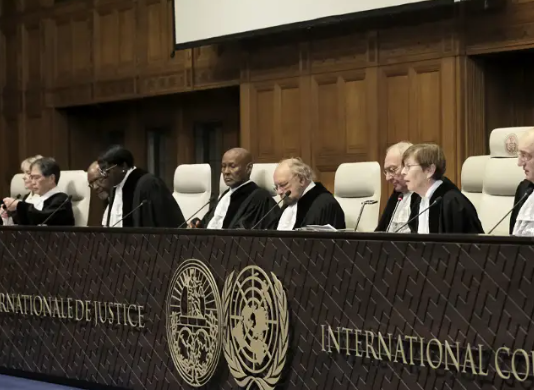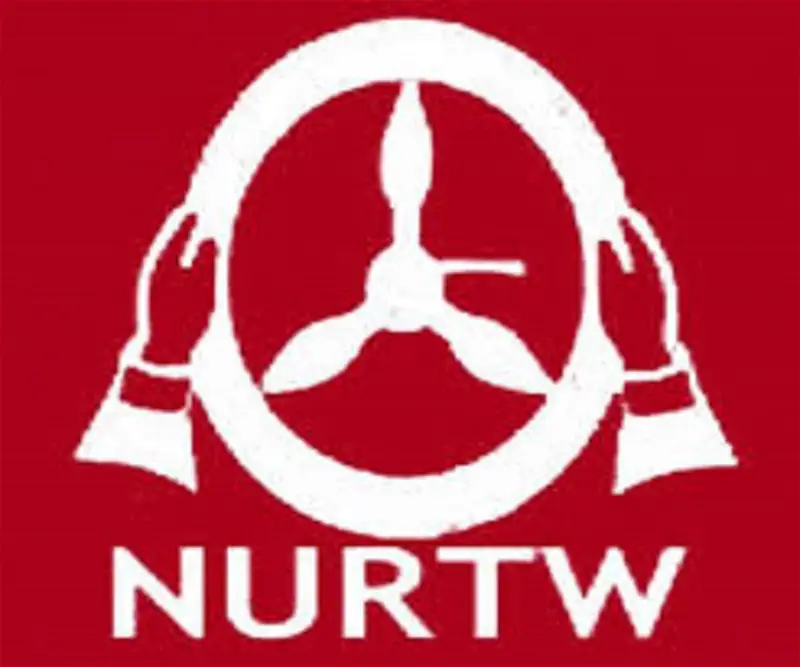The United Nations’ top court on Friday said Israel must prevent genocidal acts in Gaza and facilitate “urgently needed” humanitarian aid into the besieged territory, handing down rulings in a case that has drawn global attention.
The court urged Israel to refrain from any possible genocidal acts as it presses its military operation in the Gaza Strip, but stopped short of ordering a ceasefire.
Israel must take “immediate and effective measures to enable the provision of urgently needed basic services and humanitarian assistance to address the adverse conditions of life faced by Palestinians,” the court said.
At this stage, the ICJ was not considering whether Israel was actually committing genocide in Gaza — that process would take several years.
But the court warned Israel to “take all measures in its power to prevent” acts that could fall under the UN Genocide Convention, set up in 1948 as the world reeled from the horrors of the Nazi Holocaust.
It also said Israel should “prevent and punish” any incitement to genocide.
The case was brought by South Africa, which has accused Israel of breaching the UN Genocide Convention.
Over two days of hearings earlier this month in the gilded hall of the Peace Palace, where the ICJ sits, lawyers from both sides battled it over the interpretation of this Convention.
South Africa accused Israel of “genocidal” acts that were intended to cause the “destruction of a substantial part of the Palestinian national, racial and ethnical group.”
It urged the court to order Israel to “immediately suspend” its military operations in Gaza and allow humanitarian aid to reach the civiilians there.
Israel dismissed the case as a “grossly distorted story” and said that if any genocidal acts had been carried out, they had been executed against Israel during the October 7 Hamas attacks.
“What Israel seeks by operating in Gaza is not to destroy a people, but to protect a people, its people, who are under attack on multiple fronts,” said Tal Becker, Israel’s top lawyer.
The question now is whether the court’s rulings will be obeyed.
Although its rulings are legally binding, it has no mechanism to enforce them and they are sometimes completely ignored — it has ordered Russia to stop its invasion of Ukraine for example.
Prime Minister Benjamin Netanyahu has already hinted Israel would not abide by any ruling saying “no one will stop us”, not even a verdict in The Hague.
But experts believe that aside from the significant symbolic impact of the ruling, there could be tangible consequences on the ground.
“It makes it much harder for other states to continue to support Israel in the face of a neutral third party finding there is a risk of genocide,” said Juliette McIntyre, international law expert from the University of South Australia.
“States may withdraw military or other support for Israel in order to avoid this,” she added.
The October 7 Hamas attack resulted in the death of around 1,140 people in Israel, most of them civilians, according to an AFP tally based on official Israeli figures.
At least 26,083 Palestinians, around 70 percent of them women, young children and adolescents, have been killed in the Gaza Strip in Israeli bombardments and ground offensive since then, according to the Hamas government’s health ministry.
For pulblication of your news content,
Advertise with us, Contact us at +234803-098-0314.
Please Kindly Follow us for breaking News, Read, Like, and Share our content.
©2019-2023 CDA News Media Limited





